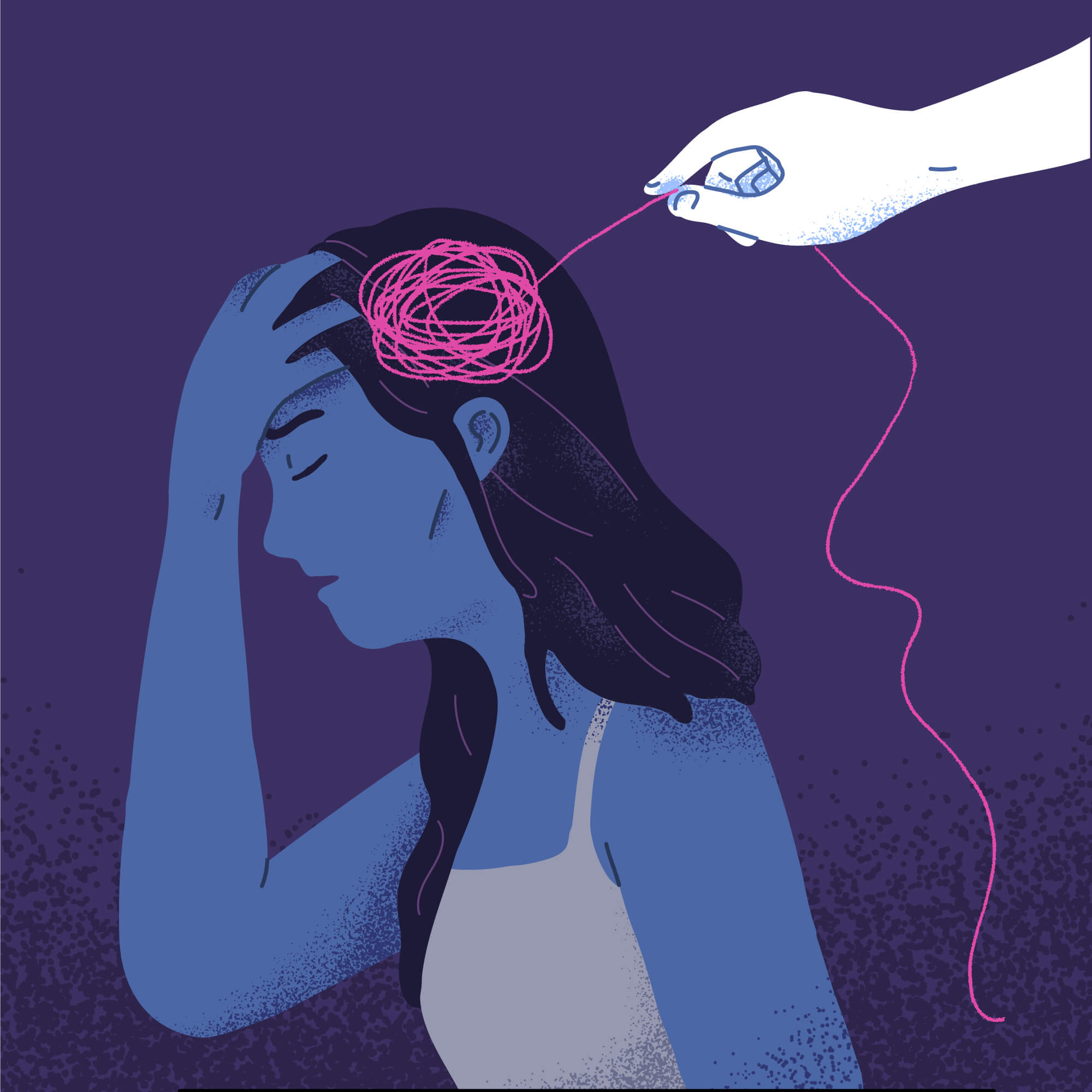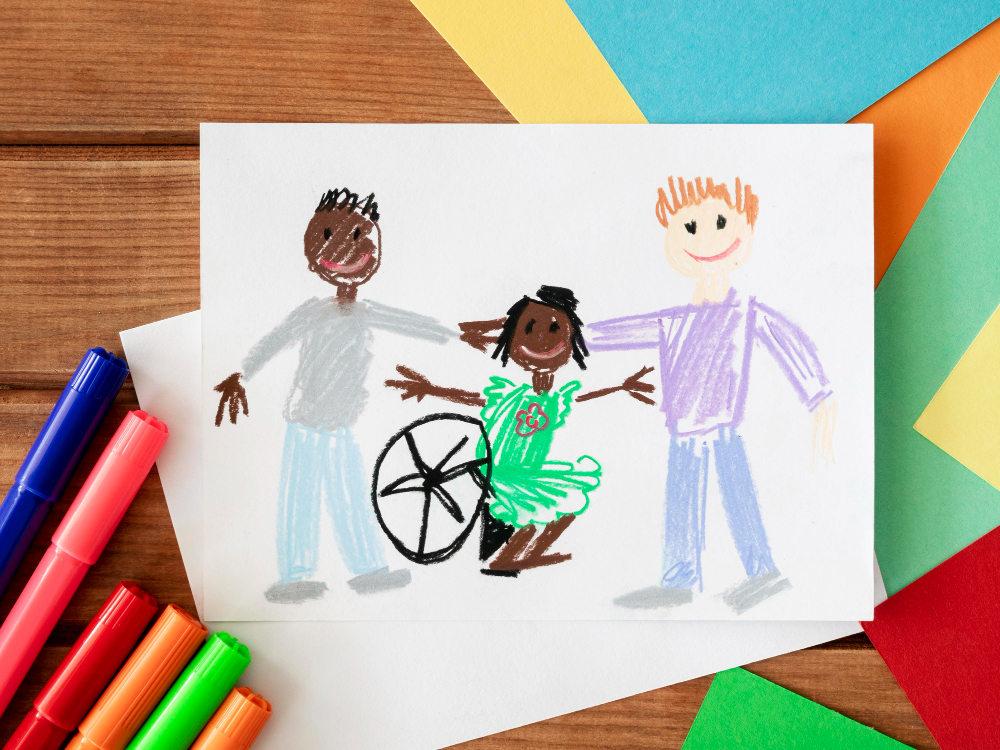We don’t expect a wheelchair user to “earn” the right to walk by graduation. We don’t tell a student with diabetes that the goal is to get off insulin. And yet, in schools across our district, support for autistic and ADHD students is treated like a ladder they’re supposed to climb once and throw away — as if the mark of success is being “independent” in the same way as their neurotypical peers.
Independence dogma starts early
From primary grades on, students are praised for managing without help, while any sign of continued support is treated as a weakness to be eliminated. Teachers and administrators talk about “fading support” as a goal, even when the support is what makes learning possible. It’s a quiet pressure that shapes how students see themselves: the less you ask for, the better you are.
You don’t grow out of your neurotype
As an adult woman with ADHD, I can tell you that my brain has not transformed into a neurotypical one with age. I still struggle to pay my tax bill on time, to keep my home consistently clean, to manage the thousand details that make up the “together” life people assume we all have.
In fact, my ability to manage certain demands has become more challenging after forty because the cumulative strain is real. I carry what feels like a disability tax: the constant vigilance, paperwork, and emotional labour required to navigate a school system that treats our humanity as a risk to be managed. Every meeting where I have to prove my child’s worth, every email where I translate distress into procedural language, every year where the supports are fought for anew, chips away at the bandwidth I once had. The cost is not just in hours and stress, but in the quiet erosion of my own reserves.
-
The unseen wounds of advocacy: caregiver burnout, moral injury, and embodied grief
Caregiver burnout in BC schools reflects moral injury and systemic betrayal, as mothers fight exclusion and harm while advocating for disabled children.
Coping tools aren’t a cure
Over nearly five decades, I have gathered tools and strategies that make life somewhat easier, yet the underlying challenges remain.
Without support, I still flounder. Each time I am left to manage without help, I feel the familiar spiral from childhood: overwhelmed, scattered, convinced I am failing at being human.
My understanding of what I need to thrive has sharpened: accommodations, a cleaner and lower standards, family support, counsellors, acceptance of paying late fines, and a strong network of friends who help me regulate emotionally.
Parents who advocate for this kind of acceptance for their children often encounter more than skepticism; they meet disgust.
Advocacy is cast as obsessive, unstable, or dangerous, as if wanting a child’s mind embraced rather than disciplined into hiding were evidence of unfitness. This is how independence dogma is enforced — not only by removing support, but by making the need for it feel like a defect.
-
How schools weaponise growth against disabled students
In the architecture of public education, few concepts are more universally praised—or more fatally misunderstood—than independence. Cloaked in progressive language about agency, resilience, and growth, the independence…
Support isn’t a stepping stone — it’s a foundation
The belief that students should “wean off” support before adulthood ignores the reality that many adults need, deserve, and thrive with permanent accommodations. Removing them doesn’t build strength; it builds shame.
It’s like if the district treated wheelchair use as a temporary crutch and made it their mission to get a student walking — not because it was possible, but because walking without assistance looked better in the year-end slideshow. Imagine telling a child that each time they sat in their chair, they were proving they were weak, and each time they stood without it, they were making you proud.
That is exactly what happens when a child’s educational assistant is pulled away and their “success” is measured by how little they ask for help.
And when parents push back against this — when we insist that our children’s neurotype be embraced rather than hidden — we are often met with something sharper than disagreement. The district frames us as unstable, obsessive, even dangerous, as though our belief in unconditional acceptance is itself a sign of defect. This is disgust as a political tool: it marks our advocacy as aberrant, makes it socially risky for others to stand with us, and casts our insistence on dignity as a pathology.
-
Disgusted by my advocacy
I have become hyper-attuned to the particular curl of a staff member’s lip, the slight recoil in their chair, the clenched tone when I insist—again—that my child deserves continued support. These micro-expressions, often passed off as stress or surprise or bureaucratic…
Conditioning carries into adulthood
And what happens when those children grow up? They enter workplaces already conditioned to see accommodation as a last resort, a personal failure, or a burden on others.
This is the opposite of what we need in a healthy economy.
We know that inclusive work environments — the kind that actively design for and invest in diverse ways of thinking and working — are more productive, more creative, and more stable. Companies like SAP, Microsoft, and EY have documented how intentional neurodiversity hiring and support strategies improve problem-solving and innovation. By contrast, a workforce trained from childhood to hide their needs is a workforce we’ve hobbled before it even begins.
What happens when needs are ignored
My own brain works best when my neurotype is respected. I had a breakdown at work recently when I was scheduled into seven meetings in a single day. Since that day, I have been running sub-optimally for three weeks as I slowly recoup. Yet, if I just have two or three meetings, placed at the natural edges of my workday — before I begin, before or after lunch, or before I leave — I thrive. I do best when I spend about three-fifths of my time working alone, focusing deeply. In those conditions, my brain feels beautiful. It’s capable, creative, and fast. But when my needs are ignored, the cost is real and long-lasting.
Independence isn’t the pinnacle
In real life, thriving is about interdependence. It’s about knowing who you can rely on and having structures around you that catch you when your brain and the world don’t line up neatly. That’s what we should be teaching students — not how to get by without the things that make them safe and successful.
-
Our goals are not the same: ableism in bc public school
I want my children supported to grow and learn; schools uphold ableism by demanding they mask compliance or feign helplessness for support.
Embracing the brain you have
You can’t gain independence from your neurotype. Nor should you want to. ADHD and autism are part of who we are, and the goal of education should be to support us in building lives where our brains are valued and our needs are met — for as long as we live.
-
Compliance discourse vs. disability justice in BC’s education system
Official VSB documents reveal an emphasis on student compliance and disciplinary consequences, with little mention of disability accommodations. For example, the VSB’s District Code of Conduct underscores…












